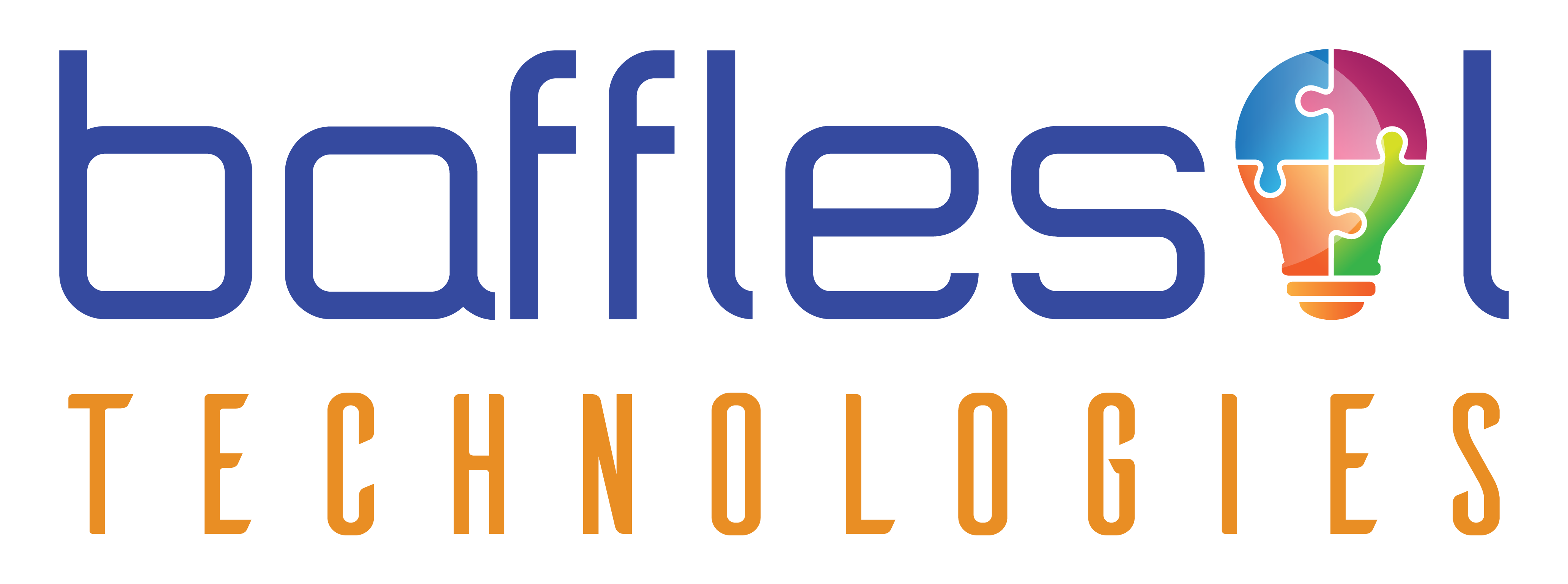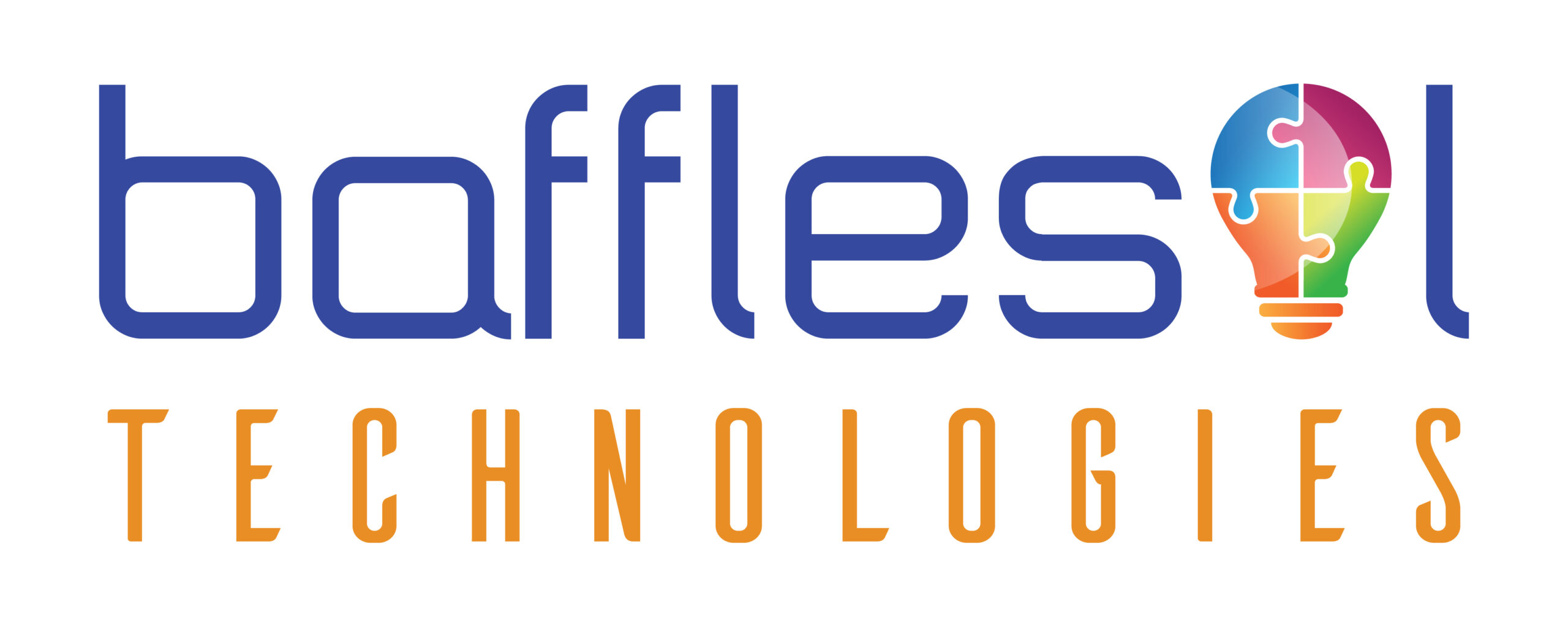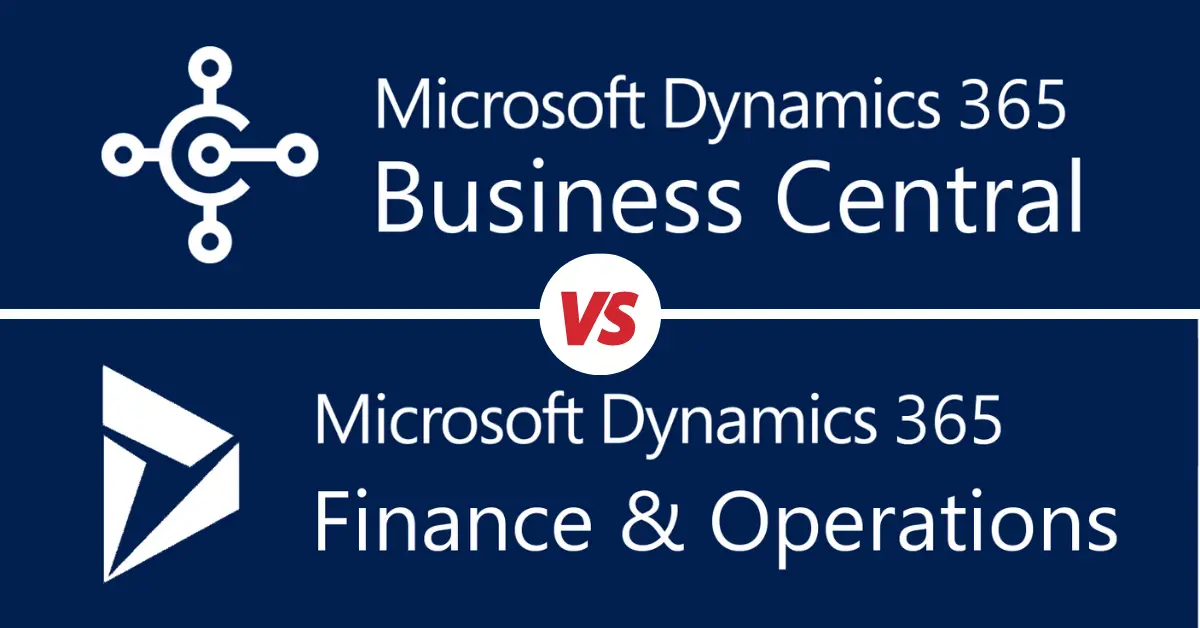ERP systems catalyze business growth and ROI as they streamline business processes and operations and enable informed decision-making. Looking at their importance, the market is brimming with ERP software from established players; however, only a few boast a track record, like Microsoft Dynamics 365 ERP systems.
Microsoft Dynamics 365 has some of the leading ERP and CRM solutions in the market, including two major ERPs – Business Central (formerly known as NAV) and Finance and Operations. Both ERP solutions feature exclusive characteristics and capabilities that can fit organizational requirements. While Dynamics 365 FinOps aims to help businesses elevate financial performances, Business Central facilitates efficient, streamlined, and automated business processes without silos.
Featuring exclusive characteristics, you might need clarification on which ERPs you should choose for your business.
This blog should help you decide between Dynamics 365 Business Central and Dynamics 365 Finance and Operations. Alternatively, you can easily reach out to us, and one of our experts will help you decide the best ERP system for your business based on your requirements.
Let’s see how the two ERP systems differ in their capabilities.
What are Dynamics 365 Finance & Operations and Dynamics 365 Business Central?
Finance and Operations (formerly known as Dynamics AX) is an ERP software offered by Microsoft as part of the Dynamics 365 suite of business applications. It is designed to help businesses manage their financials, supply chain, manufacturing, and project management operations.
It provides a comprehensive set of features for financial management, such as general ledger, accounts payable, accounts receivable, and cash and bank management. It also includes features for supply chain management, such as inventory management, production control, and logistics management. Additionally, Dynamics 365 Finance and Operations can manage projects, track time and expenses, and handle budgeting and forecasting.
The Benefits of Microsoft Dynamics 365 Finance and Operations
· Simplified accounting with dimensions and rule-based chart of accounts.
· Recurring revenue management.
· Built-in AI and predictive insights.
· Support for global operations with multiple currencies, languages and financial requirements.
· Simple integrations and add-ons for industry-specific functionality.
· Power BI integration for consolidated data analysis and reporting.
· Role-based workflows and security.
· Automation of financial processes to save time and reduce errors.
· Unparalleled integration with other Microsoft business tools.
· Flexible design and subscription-based licensing to grow or scale as needed.
Business Central is a revamped version of NAV. The solution comes with all of the functionalities of NAV; however, now the users also have the option to have their ERP solutions on-premises or hosted on the cloud, which is excellent Business Central is Microsoft’s flagship mid-market-tier ERP. It is suitable for small-to-midsize organizations to deal with their end-to-end business operations. It offers the enhanced capability and an all-in-one solution to manage finances, sales and customer service.
The Benefits of Microsoft Dynamics 365 Business Central
- Gain new insights into the financial world with detailed analysis
- Enhance security with cloud
- It helps you to make smarter decisions.
- Boost sales and client service with automated guidance and Outlook integration
- Increase profits by optimizing inventory management and minimizing waste
- Enhance mobility – work from anywhere and on any device
- Make smarter decisions and plan by leveraging AI capabilities
The difference between Microsoft Dynamics 365 FinOps and Business Central
Here are some key differences you need to know about the ERPs.
1. Size of organization: Dynamics 365 Business Central is generally considered more suitable for SMBs, while Dynamics 365 Finance and Operations is more suitable for larger organizations. Finance and Operations are ideal for larger organizations with more than 500 employees, whereas Business Central is the best-fit solution for an organization size of fewer than 500 employees.
2. Modules: Dynamics 365 Business Central is an all-in-one system that integrates with other modules but primarily serves as a standalone solution. At the same time, Dynamics 365 Finance and Operations is a solution that allows you to pick and choose the features you feel you need to add.
3. Total cost of ownership: Dynamics 365 Finance and Operations is designed for large enterprises. The total cost of ownership is unpredictable. On the other hand, Business Central is well-tailored to the needs of small and medium businesses and has a low total cost of ownership.
4. The core capabilities of ERP: Business Central’s core functions include Finance, operations, supply chain, CRM, and project management. The premium package also offers additional functionality for service management and manufacturing. Finance and Operations include enhanced functionality for Finance, operations, manufacturing, and supply chain. Finance and Operations provide additional HR, sales, projects, and customer service functionality through the broader Dynamics 365 offerings.
5. Cost of Implementation: Depending on the size of the business it is deployed for, the cost of Business Central ERP is about 30% of the implementation cost compared to Finance and Operations. However, there are specific ways to ensure cost-effective implementation of Finance and Operations.
6. Implementation time frame: For a relatively small company with fewer employees that might require implementing only finance modules, implementing Business Central in this scenario should take somewhere between 1 to 2 months. Similarly, the same process should take around 3 to 5 months to implement Business Central for a medium-sized company, as they might need modules like sales, core financial, purchasing, and inventory management. At the same time, the implementation of Finance and operations takes almost 6 to 12+ months.
Selecting between these two robust ERPs depends on your business needs, goals, requirements, and future vision.
If you are still trying to choose between the two or still have queries about the ideal solution for your organization, we are happy to advise you on the best solution for your business needs. For more information on the benefits, pricing, and support of Microsoft Dynamics 365 FinOps and Business Central, please get in touch with us at sales@bafflesol.com.



